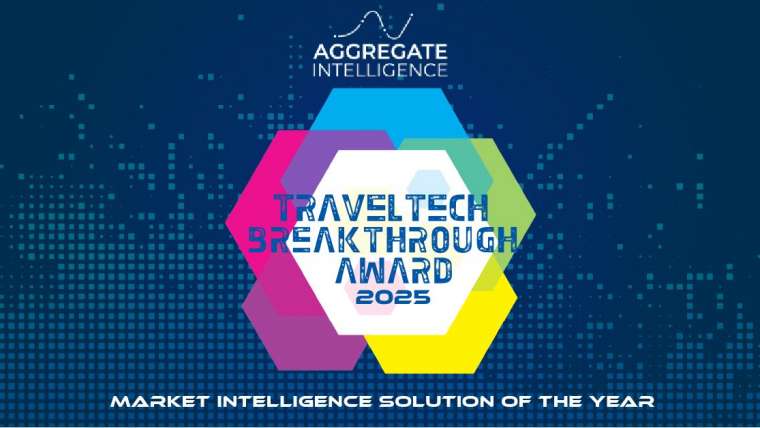The world of technology is changing at a rapid pace. The travel industry is one of the most important industries that is being impacted by new technologies.
Not long ago, when I was working for the airline industry, airlines used paper tickets. E-tickets and check-in kiosks were an innovative hi-tech solution only being implemented at several airlines/airports.
When I was working for the hotel industry, hotel tech was hyped by self-service check-in kiosks.
Today technology is making the above innovations historical.
Not only technology is changing, but how people travel around the world. New technologies are also changing how businesses operate; hence they will be playing a critical role in shaping the future of this industry.
We have identified these technologies as most influential and impactful on the industry for the next 5 years:
Big Data Analytics
The travel industry is moving towards a big data-driven future. Big data analytics is the process of analyzing large amounts of information to uncover patterns, associations and trends.
Big data analytics can be used for both predictive and prescriptive purposes:
- Predictive analytics uses historical data to predict future events based on algorithms. In the travel industry, predictive analytics may be used to forecast traveler behavior, booking behavior or demand, by analyzing past data such as reservations, booking patterns, prices, customer preferences
- Predictive analytics uses historical or real-time data to recommend actions that optimize outcomes based on predictions from predictive models. In the travel industry, prescriptive models could suggest what price/value considerations would work best for the specific flight or hotel room, at this specific time;
With big data comes big responsibility. As organizations increasingly rely on big data to drive decision-making, there has been a growing focus on data quality. This includes ensuring that data is accurate, complete, and relevant to the business needs. Improving data quality is essential to making the data actionable and usable for decision-making.
At Aggregate Intelligence we have been specifically working on data accuracy. We are not only looking at data per se, but how and when the data is extracted. For example: if a competitor airline is changing the fares several times per day and your airline rate shopping data comes once per day, that means your Revenue Manager full day work is based on obsolete data. Regardless if it was collected 100% accurate at the moment of extraction.
Artificial Intelligence (AI)
The second most impactful on Travel Industry technology is Artificial Intelligence (AI), which is reshaping the industry internally and externally.
From an internal perspective, AI can be used to automate tasks, reduce repetitive work, improve performance, correlate data, recognize text, predict booking or customer behavior, predict demand and enhance the customer experience, as well as improve operational efficiency.
From external perspective, AI serves the customers by enhancing their experience, personalizing the product and services.
The Aggregate Intelligence data science team is working on both: internally automating processes, improving performance and externally for our customers developing proprietary solutions that convert data to meaningful actions.
Data visualization
Data visualization tools are becoming increasingly popular as a way to turn big data into actionable insights.
Visualization tools can help to identify trends, patterns, and outliers that might be missed in raw data. By making data more accessible and understandable, visualization tools can help to facilitate decision-making.
The Aggregate Intelligence data visualizations team specializes in using various visualization platforms to make sure we re-represent the data for our customers in the best way. We also have personalized offer to customers, where we build the dashboards based on their needs and requirements, converting big data to the most meaningful data.
Real-time analytics
Real-time analytics is another trend that is transforming big data into actionable data. With the evolution of Revenue Management Systems in the Airline and Hotel industry, and with the rise of customer accessibility to products and services, companies can now collect and analyze data in real-time. This can enable the reinforcement learning approach where data is collected, processed and the response is actioned quickly. These changes in their business environment, improving their agility and responsiveness. Aggregate intelligence specializes in real time data extractions and processing, providing airlines, hotels, and partner technologies with fast data. We assume 30% of the global data will be real-time by 2025.
Conclusion
It’s clear that the future of travel is going to be influenced by technology. These trends are shaping the missing link between big data and business value. By focusing on data quality, visualization, real-time analytics, machine learning, companies can extract value from their big data investments and improve decision-making.



